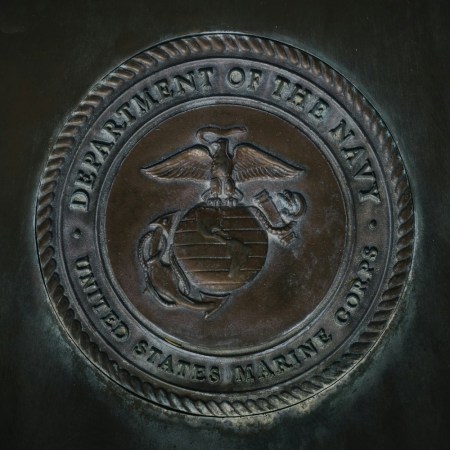Though the world portrayed in the popular and successful HBO show Game of Thrones is nothing like our own (which is probably for the best), many of the themes seen in the show — such as loyalty, politics, love, revenge, friendship — transcend the fantasy genre.
Gaining and maintaining power in the office might be just as hard as it is to ascend the Iron Throne, though luckily less physically violent.
Forbes put together a list of leadership lessons that GOT has taught us all (spoilers ahead).
Listen to Advisers: It is a theme in the show that advisers are often wiser than the rulers. For example: Ned Stark is wiser than Robert Baratheon and Samwell Tarly and Maester Aemon are wiser than Jon Snow. But the advisers don’t have the same wide-ranging vision that the leaders do so they lend their wisdom instead. The best leaders, CEO or King of Westeros, “surround themselves with people wiser than they are, and listen to them.”
Know Your Weaknesses: Cersei Lannister is a solid example of someone who does not know their weaknesses. She doesn’t trust anyone, is unable to delegate and creates a culture of fear instead of inspiration. A good leader knows that if you address your weaknesses, you can work on turning those weaknesses into strengths.
Know When to Manage Your Enemies: Tyrion Lannister is the perfect example of this. He was an excellent Hand because he knew how to weed out his enemies, or nudge them to his side, as soon as possible.
Know When to Eliminate Enemies: This doesn’t mean “eliminate” in the same way that Game of Throne does. But an important lesson taught in the show is that honor and principles are important, but the greater good is more important. Case in point, Ned Stark lost his head over it.
Lead By Example: People were willing to gravitate towards and follow Jon Snow because he was a good leader and a great man. He followed through on dangerous decisions because they were the right decisions, like when he convinced the Wildings to try to make peace with the Night’s Watch. He knew bringing the two traditional enemies together was the only way they would all survive the coming danger.
Prejudice is a Weakness: All great leaders can be brought down by prejudice. Tywin Lannister might have been one of the smartest and richest men in Westeros, but he never appreciated the brilliance of his son, Tyrion Lannister—simply because of his size. Cersei and Daenerys may be on different sides, but they were both underestimated because they were women in a male-dominated political landscape.
Inclusion is an Advantage: Daenerys consistently turned others’ blindspots and prejudices into assets. Her closest advisors are former slaves that have thrived when called on for guidance.
Great Leadership Requires Great Sacrifice: The biggest theme in Game of Thrones is the price of power. Daenerys ends her relationship with Daarhio Naharis because he would be a liability in King’s Landing. Ned Stark becomes Robert Baratheon’s Hand even though it puts his life in danger. Those willing to make great personal sacrifices are often the best leaders.
Season 7 of the hit show premieres Sunday on HBO.
This article appeared in an InsideHook newsletter. Sign up for free to get more on travel, wellness, style, drinking, and culture.






















